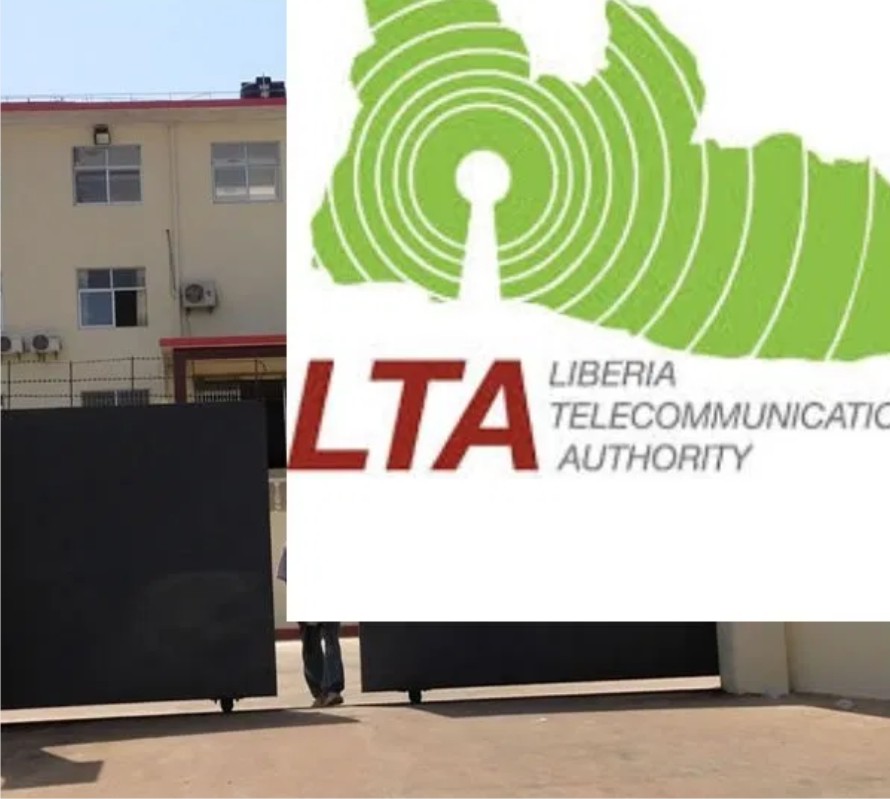The recent bidding process at the Liberia Telecommunications Authority (LTA) has come under scrutiny due to accusations of irregularities, specifically from the SATZ Group of Companies. This situation has prompted several anti-corruption agencies in Liberia to step in and investigate. SATZ has raised concerns regarding the bidding process for their Cyber Security Framework Development project, labeled as IFB No. LTA/REOI/002/2024. The group claims that despite conforming to all stipulated requirements in Request for Expression of Interest (REOI) and Request for Proposal (RFP), they were disqualified on grounds of alleged technical non-compliance. This unexpected disqualification has fueled serious concerns about the evaluation process’s fairness and transparency.
Compounding the controversy, internal sources have suggested that the current leadership at the LTA is attempting to circumvent the competitive bidding process. It has been reported that the LTA sought a no-objection for a consultant who had not participated in the original bidding process. This consultant is purportedly set to take on responsibilities similar to those outlined in the RFP, raising additional questions about the integrity of the procurement process. The SATZ Group has consequently called upon anti-corruption institutions, such as the Liberia Anti-Corruption Commission (LACC), the Center for Transparency and Accountability (CENTAL), and the Public Procurement and Concessions Commission (PPCC), to conduct a thorough investigation into these irregularities. They have highlighted the critical importance of adhering to the Public Procurement and Concessions Act of 2010 in all bidding activities.
In response to SATZ’s complaint, CENTAL, the PPCC, and the LACC have acknowledged receipt of the concerns raised. While CENTAL has committed to launching an inquiry, the LACC has already started its investigation and plans to publish its findings soon. The PPCC, however, has recognized the complaint but has not disclosed a clear timeline regarding the commencement of their investigation. The protracted nature of the inquiry has sparked dissatisfaction and concern among Liberian citizens, many of whom are urging the relevant anti-corruption agencies to expedite their investigations. There is a prevalent sentiment that the alleged irregularities could have wider ramifications for other local companies aside from those affecting SATZ.
Critics have pointed out that ongoing non-transparent practices at the LTA could undermine the integrity of the bidding and procurement processes within the country. This situation has led to a chorus of discontent among local businesses and professionals, who have echoed SATZ’s sentiments regarding the need for increased transparency and accountability in public sector procurement. An investigation into these allegations is essential not just for the sake of one company but also to protect the broader business environment in Liberia. The validity of the bidding process is crucial to fostering competition and enabling local firms to thrive within the telecommunications sector.
The involvement of anti-corruption bodies in such matters is vital for ensuring that public institutions are held accountable to high standards. By investigating these allegations, the LACC and other agencies can help restore public faith in the government’s ability to conduct fair and transparent procurement processes. They also have the potential to establish clearer guidelines and policies that align with best practices, setting a precedent for future bids and contracts. The urgency with which these investigations are pursued could also alleviate public concern, demonstrating that allegations of misconduct will be addressed firmly and transparently.
In conclusion, the bidding process at the LTA highlights the challenges that arise in maintaining transparent governance and accountability in public procurement in Liberia. The SATZ Group’s allegations of irregularities, coupled with the involvement of anti-corruption institutions, exemplify the need for rigorous oversight in governmental bidding processes. As investigations unfold, the outcome will have significant implications not only for SATZ but also for the integrity of future procurement practices in Liberia. The situation demands urgent attention to ensure that all stakeholders can operate in a fair and equitable business environment, ultimately fostering growth and development within the telecommunications industry and broader economy.


